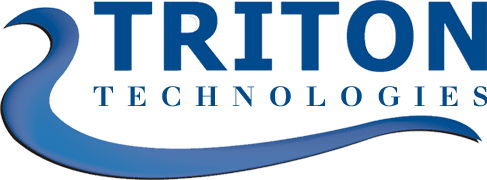Ransomware: The threat is real.
Ransomware, a type of malicious software designed to block access to a computer system until a sum of money is paid, has emerged as a formidable threat to businesses worldwide. This cyber threat doesn’t just disrupt operations; it can potentially destroy a business. The recent attack on Norton Healthcare, where hackers accessed the personal data of millions during a ransomware attack, is a stark reminder of the vulnerability of even large organizations.
The Rising Tide of Ransomware Attacks
Ransomware attacks are not only becoming more frequent but also more sophisticated. For instance, the Rhysida ransomware group has been targeting hospitals, putting not just data but also patient safety at risk. The healthcare sector is particularly vulnerable due to its reliance on legacy systems and third-party vendors, making it a prime target for these attacks.
Impact on Businesses
A ransomware attack can cripple a business, leading to data loss, financial damage, and a tarnished reputation. The risk is so significant that even giants like Boeing have fallen victim, with Lockbit, a global ransomware group, impacting its operations. Such attacks can lead to the loss of sensitive data, including military-related information, making it a national security concern as well.
Explore our Managed Service Offerings
Worcester’s Top Managed Service Provider
Learn About Our IT Support Services & Solutions
Worcester’s Top Managed Service Provider
The Importance of Endpoint Security
In this digital age, robust endpoint security is your best defense against ransomware attacks. Endpoint security solutions provide a critical layer of defense by securing all endpoints (or entry points) of end-user devices such as desktops, laptops, and mobile devices from being exploited by malicious actors.
Key Steps to Strengthen Endpoint Security:
1. Regular Software Updates and Patch Management
Ensure that all systems and software are up-to-date with the latest security patches. This can help close vulnerabilities that ransomware attackers exploit.
2. Multi-Factor Authentication (MFA)
Implementing MFA adds an extra layer of security, making it harder for attackers to gain unauthorized access.
3. Employee Training and Awareness
Educate your employees about the risks of ransomware and train them to recognize phishing attempts and suspicious activities.
4. Backup and Disaster Recovery Planning
Regular backups and a solid disaster recovery plan can minimize the damage in case of an attack.
5. Advanced Threat Protection
Utilize advanced threat protection tools that can detect and respond to sophisticated malware and ransomware attacks.
6. Network Segmentation
By segmenting your network, you can limit the spread of ransomware if an infection does occur.
Ransomware poses a real and present danger to businesses of all sizes. By investing in robust endpoint security and adopting a proactive cybersecurity strategy, you can significantly reduce your risk of falling victim to these attacks. Remember, in the realm of cybersecurity, prevention is always better than cure. Protect your business from being held hostage by hackers and ensure the continuity of your operations.
Discover our IT Solutions for Your Industry
Worcester’s Top Managed Service Provider



